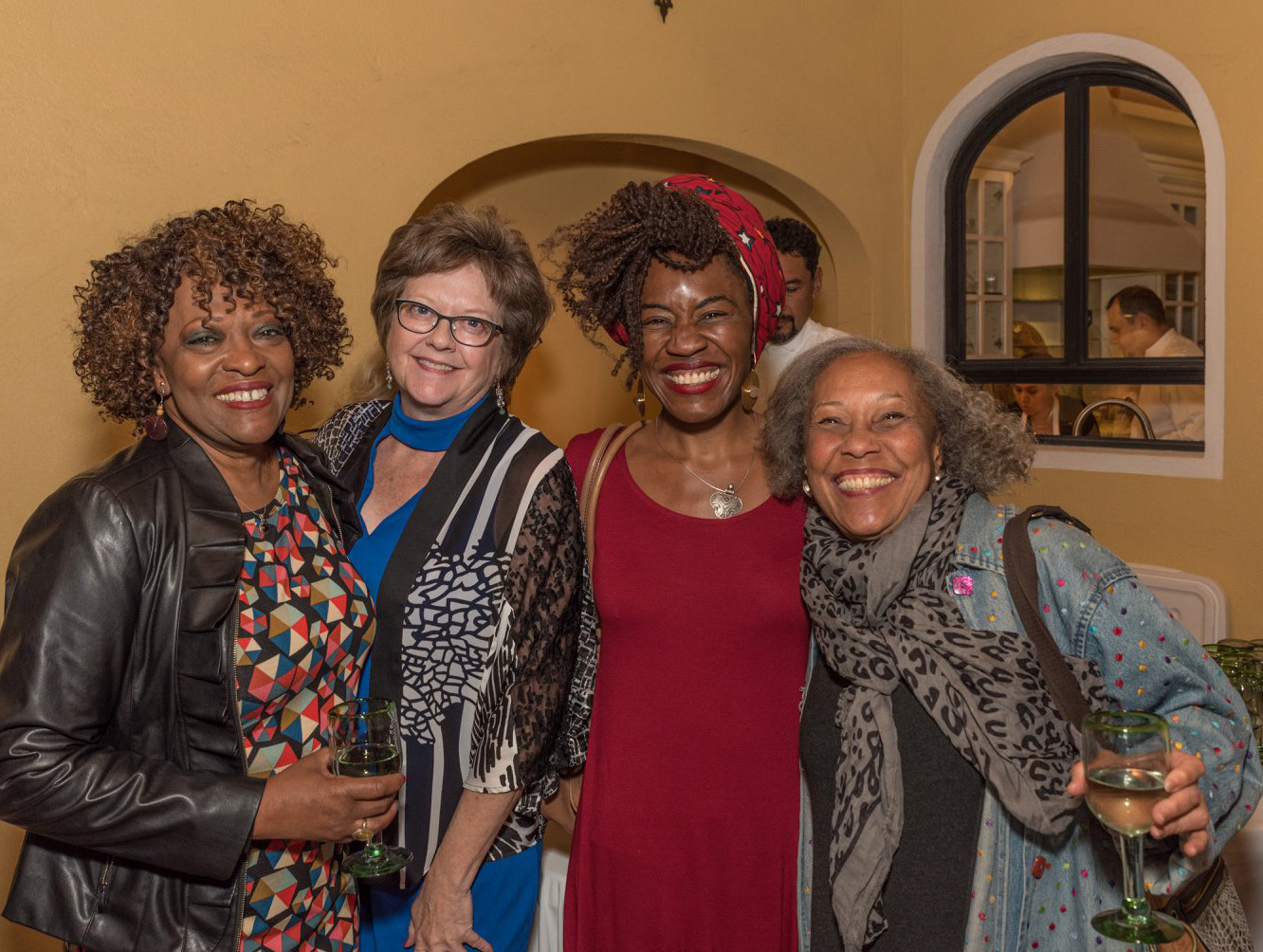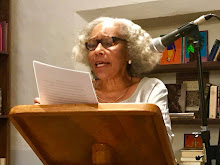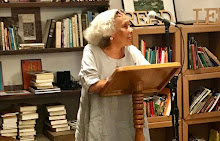My last post generated lots of comments, delivered directly to my email account because unbeknown to me my you can only place comments on my blog if you have gmail, yahoo or AOL accounts. After a lengthy conversation with one of my younger friends, who thoroughly enjoys Mr. Perry’s work, I admitted it was unfair for me to dismiss the Madea movies based on promos I’ve seen. One of the local stations here in San Miguel was running Madea’s Family Reunion, so I watched it Sunday night. This was a film version of a morality play, delivering a strong message of the need to respect yourself and others, and assume personal responsibility. I understood immediately why these films are so popular. It was not the message but the method of delivery that I didn’t like. I prefer a subtler approach. I thought the film was didactic, overburdened with instructive or factual matter to the exclusion of graceful and pleasing detail so that they are pompously dull and erudite (www.britannica.com).
Instead of being fully developed characters, most of the people in Mr. Perry’s film represented ideas. The bus driver was the ideal man; both the mother and the wedding planner were examples of misplaced values. They were one dimensional like paper-doll. Most human beings have more than one note, generally we are complex, often riddled with contradictions—think Denzel’s Washington in American Gangster, Pilot in Song of Solomon or any of people that inhabit Toni Morrison’s stories. I think this technique of storytelling is manipulative. Please, present me with a three-dimensional person and let me draw my own conclusions about who he is. Don’t insult my intelligence.
In playwriting 101, one of the first things you’re taught is, show don’t tell. For the most part Mr. Perry shows us his characters’ one note but often doesn’t trust his audience to interpret what they’ve seen. Ms. Whitfield’s actions make it clear that her character has misplaced values but he still editorializes. Madea says, more than once, that she’s bourgie. When it comes to theme, he never shows, he only tells. The two most blatant examples are both delivered by Ms. Tyson: her speech expressing sorrow for the younger women because they don’t have the quality of relationship with their men that she had with her deceased husband, and the sermon that she delivers near the end of the film. Why didn’t he show us the relationship Cicely describes? Madea and her husband could have illustrated this; instead he uses them for comic relief—playing the dozens, verbally abusing each other. And I don’t like films that sermonize—I think sermons should be delivered in the pulpit.
Clearly Madea’s Family Reunion wasn’t a film that appealed to me. But I don’t object to this movie, my objection is that kind of Black film I’d enjoy hardly ever finds its way to the screen. I don’t want you to think I don’t go to the movies, I do. Every year films I like are released but a couple times each year I’d like them to reflect my culture.



